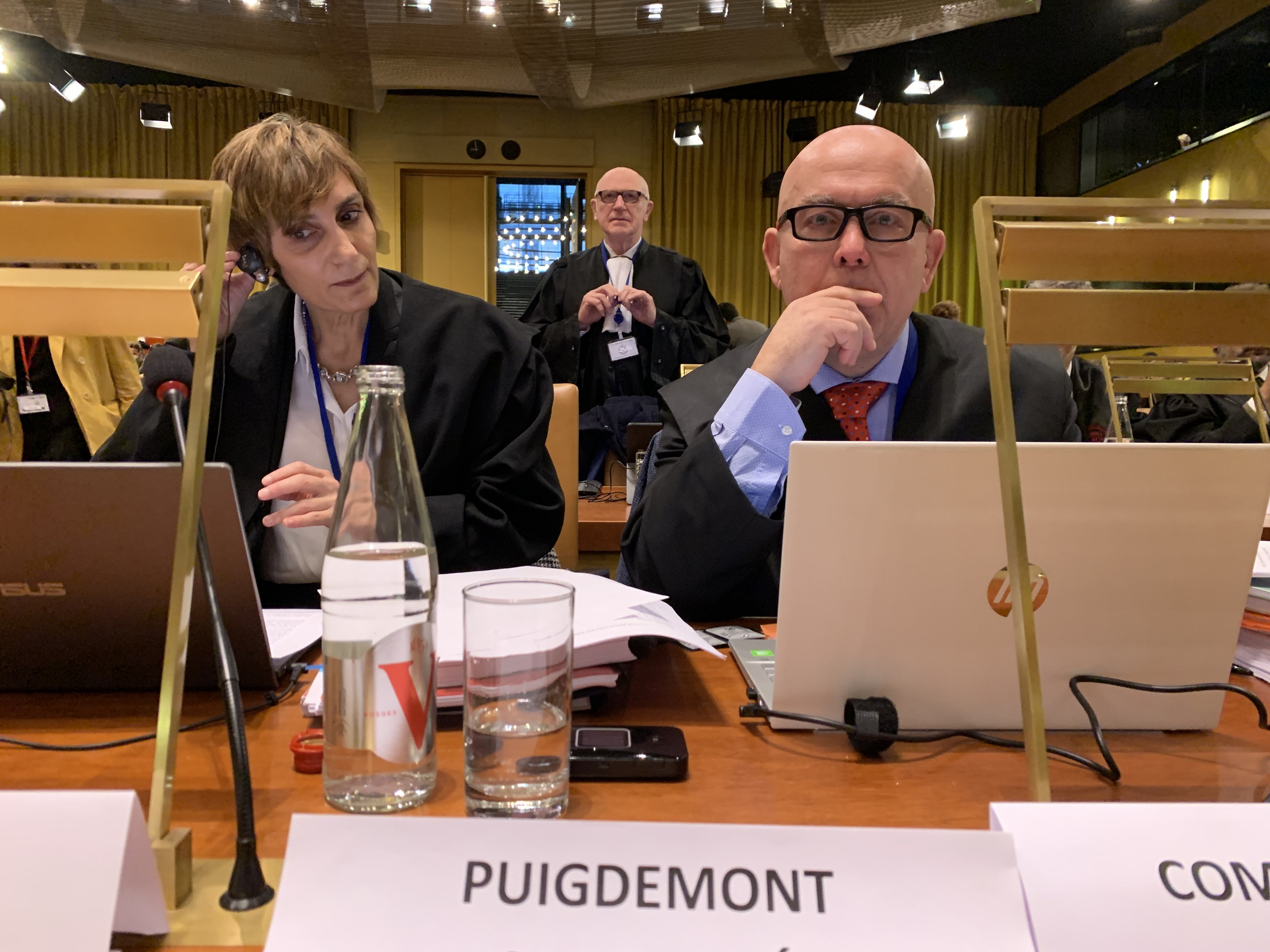Gonzalo Boye, Carles Puigdemont's lawyer, warns that the conclusions of the ECJ's Advocate General, contrary to the arguments put forward by Belgium to deny the extradition of Catalan minister Lluís Puig and in favour of the thesis of the Spanish investigating judge Pablo Llarena, represent a denial of fundamental rights as individual rights, since he assumes that a violation of rights can only be used to deny a European arrest warrant (EAW) if it is a generalized and systemic violation. The lawyer, despite admitting that the conclusions of the Advocate General are not what they expected, reiterates his bet and confidence in the European Judiciary, and denies that the conclusions imply the surrendering of the exiles to the Spanish Judiciary.
The ECJ's Advocate General made public today his report in relation to the preliminary questions presented by Judge Llarena following Belgium's refusal to extradite Puig. In his conclusions, the Advocate General aligns himself with Llarena's arguments and warns that in order to argue a risk of violation of a fundamental right, the Belgian judiciary must demonstrate systemic and widespread deficiencies in the functioning of the Spanish judicial system. This was also one of the key arguments during the hearing held last April in Luxembourg.
Boye considers the Advocate General's conclusions clash with the criteria established by the ECJ in a February 2022 decision as well as others, in which the violation of the right to a fair trial is recognized as a reason for refusing a EAW.
He warns that "the Advocate General's criterion represents a denial of fundamental rights as individual rights, assuming that only when the violation is widespread and systemic it can be taken into consideration as a cause for refusing an EAW". According to the lawyer, this would imply the "denaturalization of the Charter of Fundamental Rights of the EU and a major setback in terms of rights and freedoms that far exceeds the Catalan case" and would entail a Copernican turn in this matter, if confirmed.
All in all, he warns that these conclusions do not entail a future surrender of the exiles to the Spanish Judiciary, but simply sends the procedure back to square one and forces them to prove there is a generalized failure of the system. "We have the elements to prove it if the surprising criterion of the Advocate General is confirmed," assures Boye.

